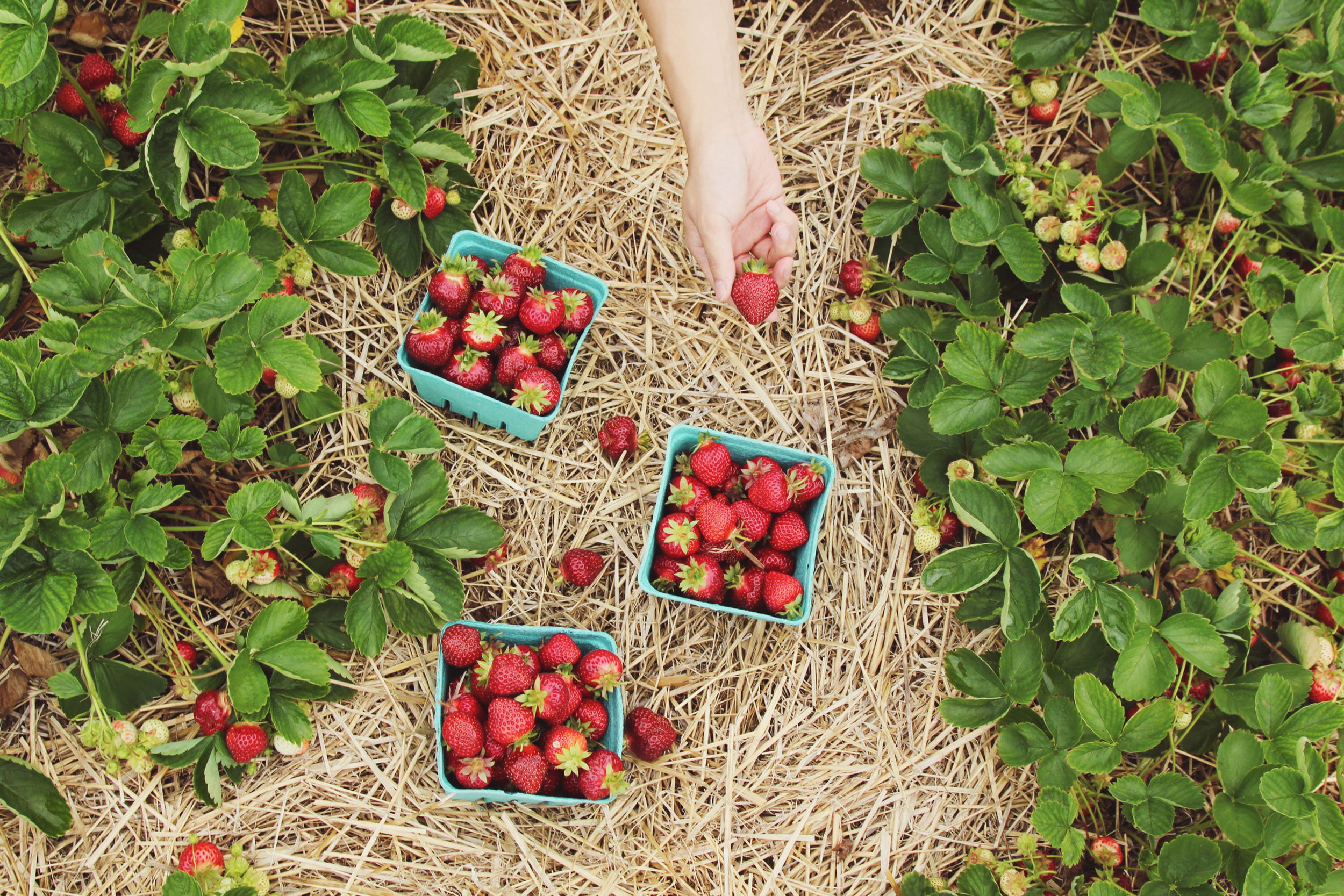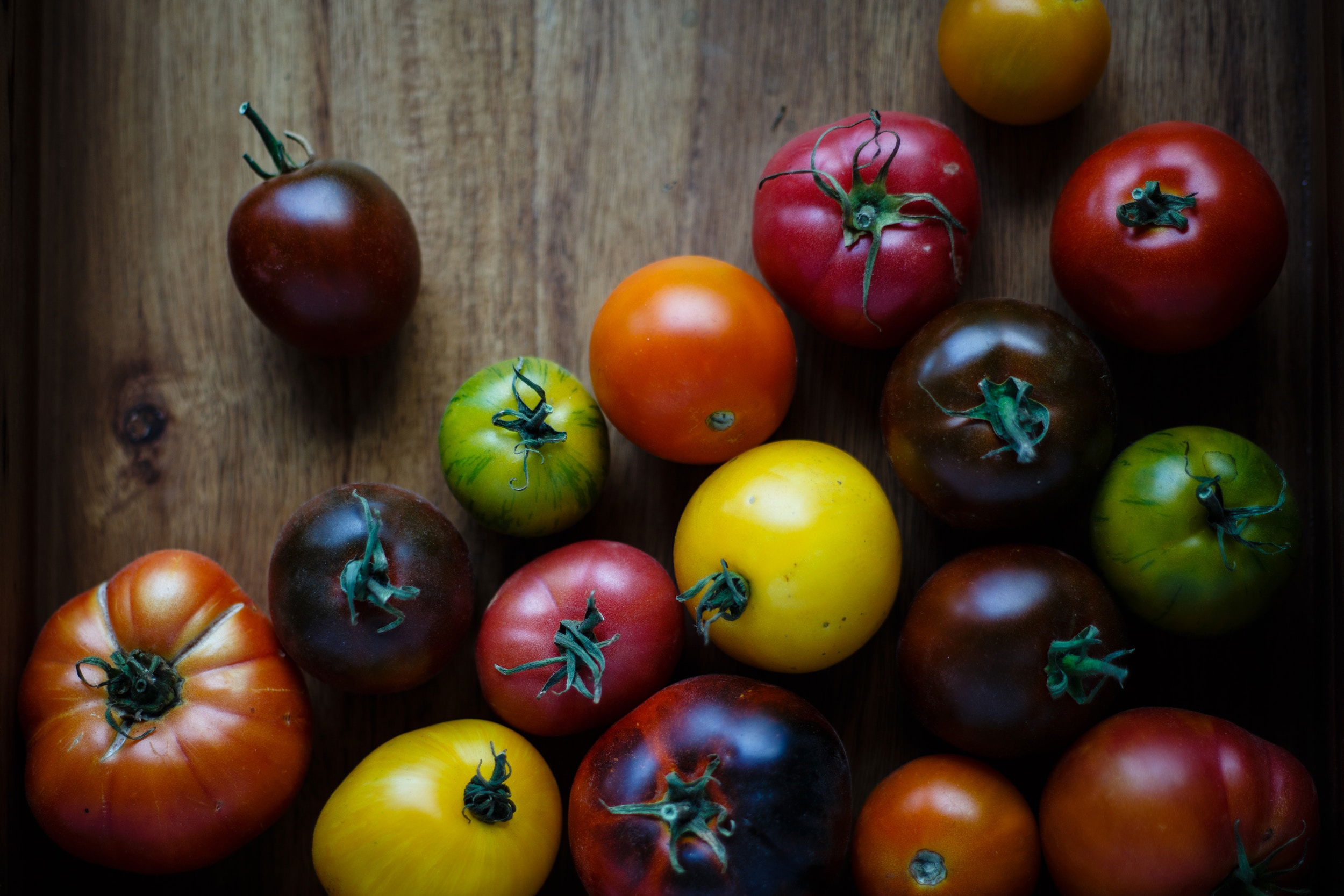The Future of Organic Farming: Meeting Consumer Demand Sustainably
Organic farming has seen a remarkable rise in popularity in recent years, driven by consumer demand for healthier, more environmentally friendly food options. With a focus on sustainable and chemical-free practices, organic farming represents a crucial step towards a more responsible and environmentally conscious agricultural industry. In this article, we will explore the future of organic farming, its principles, challenges, and how it aims to meet the growing demand for organic products while ensuring sustainability.

The Organic Farming Movement
Organic farming is an agricultural approach that prioritizes the use of natural and organic inputs while minimizing the use of synthetic chemicals and genetically modified organisms (GMOs). Organic farmers follow a set of standards and regulations to maintain the integrity of organic production. Key principles of organic farming include:
1. Soil Health
Organic farming places a strong emphasis on maintaining healthy soil through practices like crop rotation, cover cropping, and composting.
2. Biodiversity
Organic farms encourage biodiversity by avoiding monoculture (planting a single crop) and providing habitats for beneficial insects and wildlife.
3. Natural Pest and Disease Management
Instead of synthetic pesticides, organic farmers use natural methods like biological control and companion planting to manage pests and diseases.
4. Avoidance of Synthetic Chemicals
Organic farming avoids the use of synthetic chemicals, including synthetic fertilizers and pesticides.
Consumer Demand for Organic Products
The demand for organic products has been steadily rising over the past few decades. Consumers are increasingly concerned about the health and environmental impacts of their food choices. Some of the factors driving the demand for organic products include:
1. Health Consciousness
Consumers perceive organic products as healthier and safer due to the absence of synthetic chemicals.
2. Environmental Concerns
Organic farming practices are seen as more sustainable and environmentally friendly, reducing pollution and conserving natural resources.
3. Ethical Considerations
Many consumers choose organic products to support ethical farming practices and animal welfare.
4. Taste and Quality
Some consumers believe organic foods taste better and have higher nutritional quality.
Challenges Facing Organic Farming
While the future of organic farming is promising, it also faces several challenges:
1. Limited Availability
Organic products are not as widely available as conventional products, limiting consumer choices.
2. Higher Costs
Organic products often come with a premium price due to the labor-intensive nature of organic farming.
3. Yield Variability
Organic farming can have lower yields compared to conventional farming, which can limit its scalability.
4. Certification Complexity
Certification processes can be complex and costly for farmers, especially small-scale ones.
5. Competition and Greenwashing
The term "organic" is sometimes used loosely, leading to confusion and competition from products with dubious claims.
The Future of Organic Farming
Despite these challenges, the future of organic farming is bright. Here are some key trends and developments shaping the future of this sustainable agricultural practice:
1. Technological Advancements
Organic farming is benefiting from technological innovations such as precision agriculture, which allows for more efficient resource use and reduced environmental impact.
2. Regenerative Agriculture
This approach, which focuses on improving soil health and enhancing biodiversity, aligns closely with organic farming principles.
3. Increased Certification
As demand grows, more farmers are seeking organic certification, expanding the availability of organic products.
4. Sustainable Supply Chains
Companies are investing in sustainable supply chains to ensure a consistent supply of organic products.
5. Consumer Education
Education campaigns are helping consumers better understand the benefits of organic products and the importance of supporting sustainable agriculture.
6. Government Support
Governments are providing incentives and support for organic farming through subsidies and policy initiatives.
Meeting Consumer Demand Sustainably
The future of organic farming is intertwined with the broader movement toward sustainable agriculture. Meeting consumer demand sustainably requires a multifaceted approach:
1. Scaling Up Organic Production
Efforts to increase the scale of organic farming can help meet growing demand and reduce costs.
2. Research and Innovation
Investment in research and innovation can lead to more efficient organic farming practices and higher yields.
3. Education and Advocacy
Consumer education and advocacy efforts can drive demand for organic products and promote awareness of sustainable agriculture.
4. Collaboration
Collaboration among farmers, retailers, and consumers can create a more robust organic food system.
5. Policy Support
Government policies that incentivize organic farming and protect organic standards are essential for the industry's growth.

Conclusion
The future of organic farming is intertwined with the broader goals of sustainable agriculture and responsible food production. As consumer demand for organic products continues to rise, the industry must respond with innovation, scalability, and a commitment to maintaining the principles that define organic farming. By doing so, we can meet the demand for organic products sustainably while contributing to a healthier and more environmentally responsible food system.
Organic farming is not just a niche market; it is a movement that reflects a growing awareness of the interconnections between our food choices, the environment, and our well-being. In the years to come, organic farming will play a vital role in shaping a more sustainable and responsible agricultural future.
Sources:
- Organic Farming - United States Department of Agriculture (USDA)
- Organic Agriculture - Food and Agriculture Organization of the United Nations (FAO)
- Organic Farming and Food Systems - Rodale Institute
- Consumer Demand for Organic Foods - Agricultural Marketing Resource Center (AgMRC)
- Challenges and Opportunities for Organic Farming - European Parliament Research Service